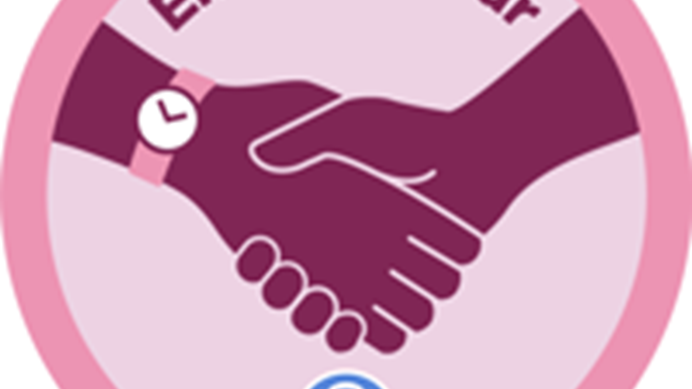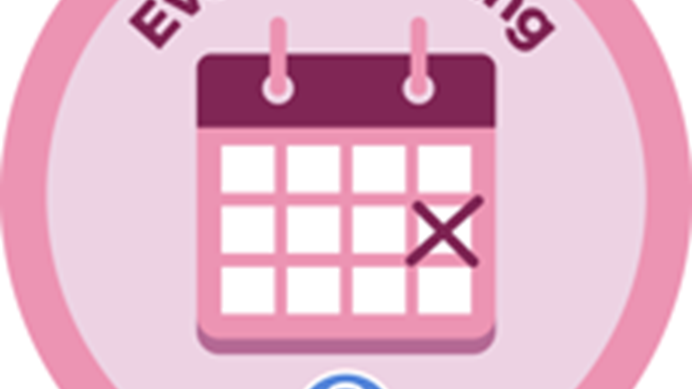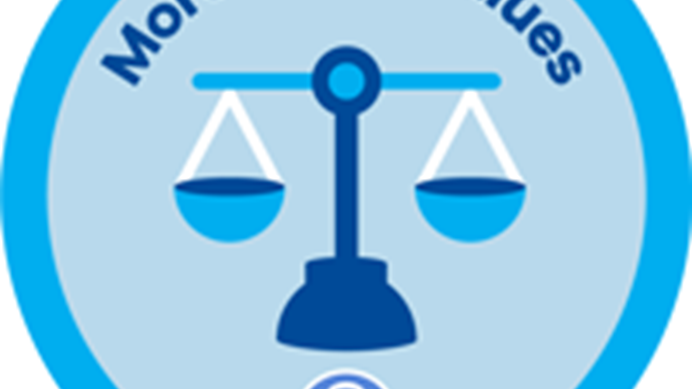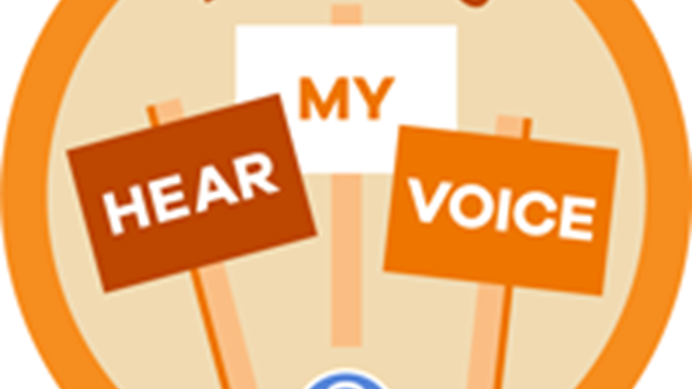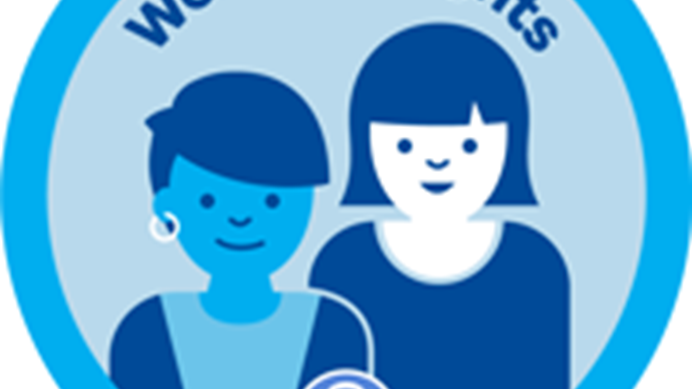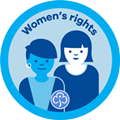

Interest badges
Women's rights

Know myself
Girls just want to have fun…damental rights
Can you imagine not being allowed to go to school because you’re a girl? Or being told you can’t do your dream job? Luckily, you have rights which try to make sure you’re treated fairly. Get to know them so you can fight back if they’re not being upheld.
Getting a Rangers interest badge
There are 18 interest badges for you to earn at Rangers, and 3 fun challenges to do for each badge.
You can do these badges at any time, anywhere and in any way you’d like. You can do them on your own or with units, during unit meetings, at home or even on holiday.
How to complete this badge
1. What if…?
Over time, there have been lots of changes to the law to try to make sure girls and women aren’t treated differently because of their gender.
But what if these laws didn’t exist? What if free education was only for boys? Or women weren’t allowed to vote? How would your life be different?
Pick one big moment in history for women’s rights, and show how your everyday life would be different if it hadn’t happened. Create something to show what your day would be like – why not make a podcast or a cartoon strip?
2. Current issues
Things have certainly improved for women over time, but even now some areas of life still aren’t equal.
Find out about some current women’s rights issues like female genital mutilation, how different women are portrayed in the media (such as women of colour, disabled women, women who choose not to have children), female authors being told to use names which aren’t obviously female (P.L. Travers for example), the tampon tax or something else you feel strongly about.
Now you’ve found out about your issue, take action! Do something towards improving your chosen issue.
3. Your manifesto
A women’s rights manifesto is a list of aims for making women’s and girl’s lives better, saying what should change and how.
Imagine you’re in charge of the country. What do you think needs changing? What needs to be improved for women? What laws would make women’s lives better and fairer?
Your challenge is to create your own women’s rights manifesto. State how you plan to make sure women have the power to do what they want and be treated fairly.
Present your manifesto creatively – you could make a short campaign video or a placard.
Including others
- Make sure your parent or carer knows you’re talking to other people and who they are.
- Never talk to strangers on your own.
- If you feel worried or confused by any of the answers given, talk to an adult you trust straight away.
Internet safety
To keep safe online, I will…
- Not share any personal information on the internet (my full name, my home or school address, my phone number or my email address).
- Only download files on to my devices with permission from my parent or carer.
- Always ask permission before uploading photos or videos online. If I send pictures, I'm aware that these can be forwarded onto others.
- Tell my parent or carer, teacher or leader if something online worries or upsets me.
- Only add people online that I know in the real world.
- Be wary of emails that contain unknown links. I know clicking links can download viruses or other harmful files onto my devices.
- Treat people online with the same respect as I would in the real world. I'll never write anything that might hurt or upset someone.
- Not meet up with someone that I've met online and if someone asks me to do so, I'll tell a parent or carer.
- Think carefully about what I read, hear and see online, and not trust information unless I've checked it on other websites or in books, or have asked an adult about it.






